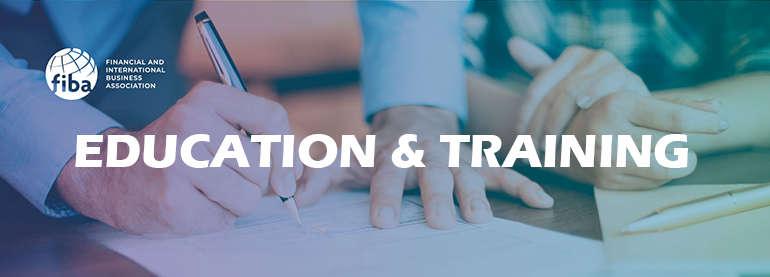Casino gaming is omnipresent throughout the Caribbean, and the Dominican Republic is no exception. Attracting millions of tourists and generating substantial revenue every year, the island nation is one of the largest gaming jurisdictions in the region and its industry represents a significant part of the country’s economy. A steady source of job creation and economic growth, casinos are also a regular target of criminal organizations looking for platforms to launder illicit funds—consequently making them targets of heightened regulatory scrutiny. This is why effective anti-money laundering training is now more than ever of critical interests to casinos and gambling institutions.
In response to this growing demand, the Asociación de Bancos Comerciales de la República Dominicana (ABA) teamed up with the Florida International Bankers Association (FIBA) and Florida International University (FIU) to deliver the country’s first AML training focused specifically on casinos and the needs of the gaming industry.
“This international certification is part of the Association’s efforts to contribute to the development of the country’s human resources as it relates to money laundering,” said the ABA.
FIBA & FIU’s Anti-Money Laundering Certified Associate (AMLCA) Certification for Casinos, which was attended by approximately 30 executives, was taught by Julio Aguirre, a FIBA Institute instructor and international consultant specialized in AML. The program was specifically designed to suit the needs of casino and gaming sector professionals, helping participants to better understand the new requirements for money-laundering prevention.
As part of the program, the participants learned about prevention and control strategies, typical warning signs and how to detect and report suspicious activities, among other topics.
“This program shared the best practices of Integrated Money Laundering Prevention Systems to bring local professionals up to speed with the international standards of the Risk-Based Approach,” added the ABA.

